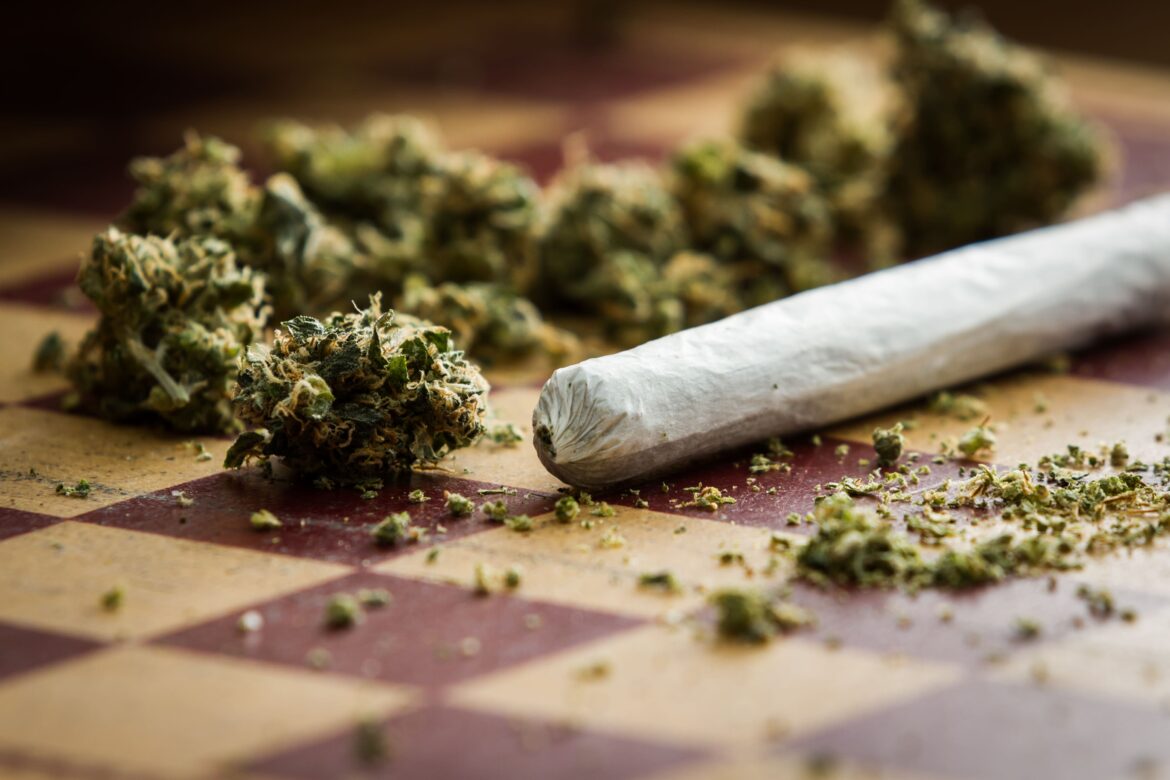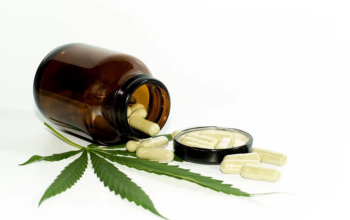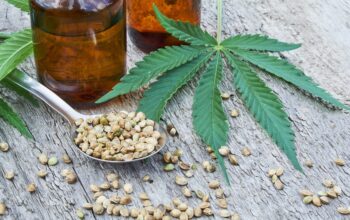Something about the state-legal cannabis market has puzzled me for some time. In states that have legalized both medical and recreational consumption, is medical cannabis even worthwhile? Is there any point to continuing a medical program when patients can just as easily buy recreational marijuana with less hassle?
As I understand it, a number of states want to continue distinguishing between medical and recreational products for several reasons. For example, some states allow higher volumes of THC in medical products. Others regulate medical cannabis quality but not its recreational counterpart. Such thinking makes sense. Yet I cannot help thinking that users do not see things the same way.
Human nature is hard to overcome. And when push comes to shove, money often wins the day. Convenience is a close second. When people can purchase recreational marijuana more cheaply and with less hassle than medical cannabis, that is what they are likely to do – even if they consume cannabis for medicinal purposes.
Medical Cannabis in Utah
Utah is among the states that have legalized medical cannabis but not recreational marijuana. Regulation in the Beehive State is pretty straightforward. According to Utahmarijuana.org, patients diagnosed with qualifying conditions must obtain a medical cannabis card after visiting with a medical provider. A valid card gives a consumer the legal right to purchase medical cannabis from a state-licensed pharmacy.
What if Utah were to embrace recreational marijuana as well? Would it make sense to keep their medical program intact? And if so, how could they encourage genuine medical users to continue jumping through hoops and paying higher prices? That is the million-dollar question. Washington state may have hit upon the answer.
Assessing Excise Taxes
Washington has had a straight 37% excise tax on all retail cannabis sales since the state went fully recreational. The excise tax is in addition to normal sales and use taxes. However, medical cannabis users and providers have been exempt from the sales and use taxes – a slight financial relief at the time of purchase.
More recently though, state lawmakers changed the rules to make medical users and providers exempt from the excise tax as well. This is huge. Using simple numbers, a patient whose medicine costs him $137 ($100 for the medicine and $37 for the excise tax) will now pay a total of $100 at the cash register.
Whether intentionally or not, Washington has found a way to encourage genuine medical users to continue purchasing cannabis through the medical program. Patients will still be seeing their doctors and getting their state paperwork. They will still be purchasing their medicines from registered medical dispensaries.
Keeping Prices in Check
Success in Washington state will rely on keeping prices in check. Not having to pay a 37% excise tax is a step in the right direction. But lawmakers cannot ignore the obvious: if a higher demand for medical cannabis products pushes the price up to a point of negating the excise tax exemption, they are right back at square one.
There is also the black market to consider. In many states, California especially, the black market continues to outperform the legal market at every level. Both medical and recreational users flock to the black market because prices are so much lower.
Black market sales aside, it doesn’t make sense to continue side-by-side medical and recreational marijuana programs unless a state provides some sort of incentive for choosing medical cannabis over its recreational counterpart. For good or bad, the most effective incentive is financial. Medical cannabis patients are like everyone else. They will purchase their medicines from the cheapest source.




